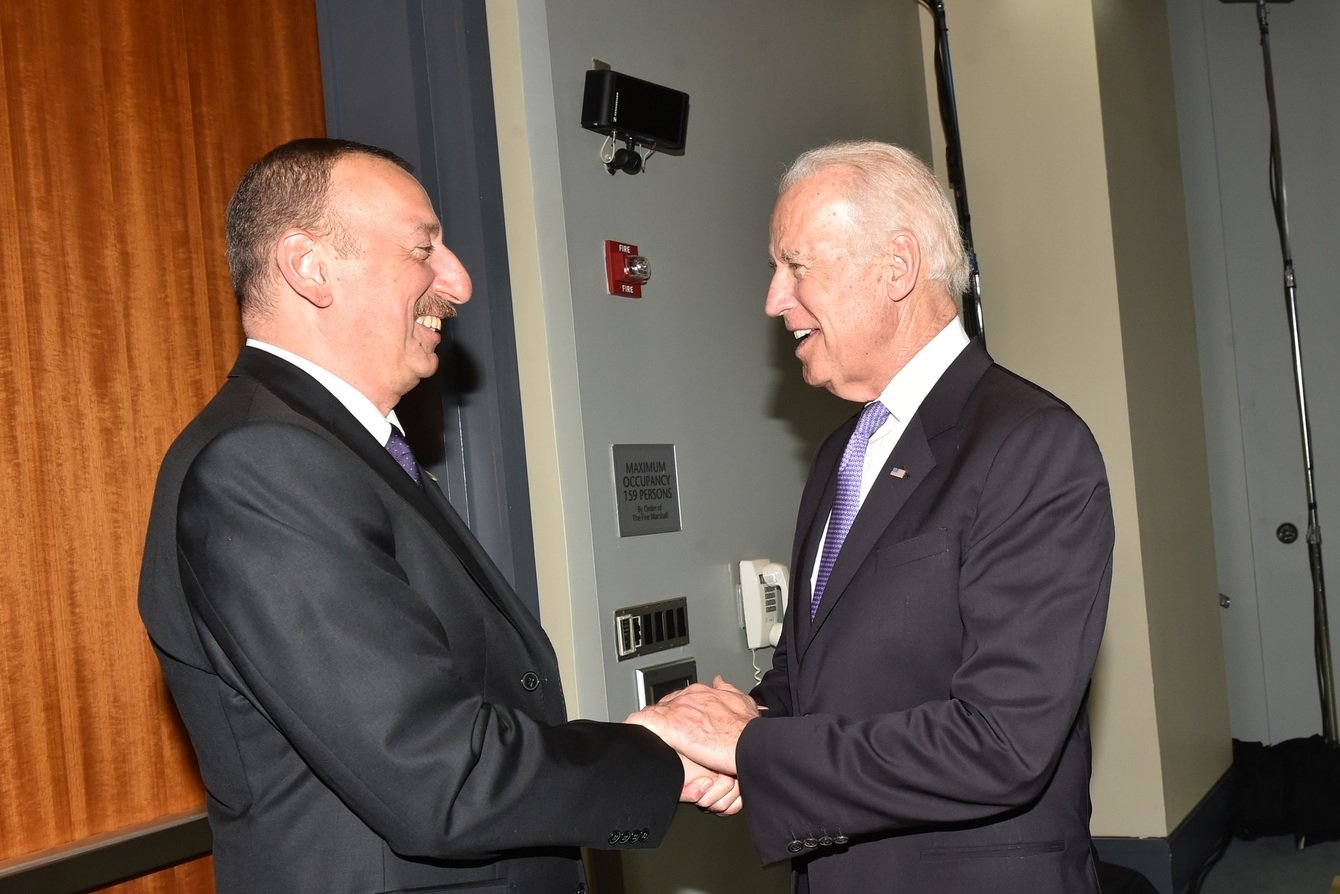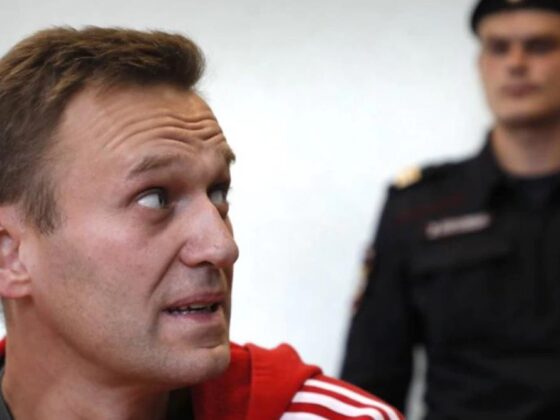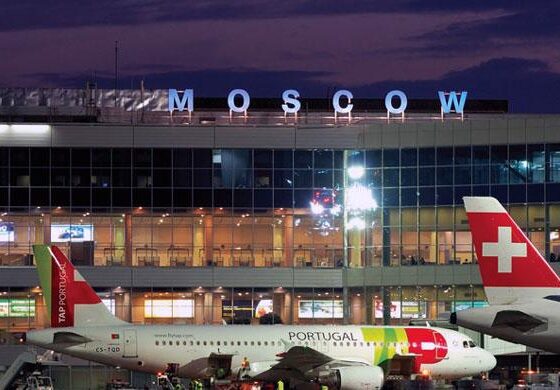(Eurasianet) When Joe Biden becomes president of the United States on January 20, he will be surrounded by a foreign policy team with deep experience in the former Soviet Union. But it remains an open question whether Washington will again be able, or even willing, to wield significant influence in the Caucasus and Central Asia.
Biden himself has long been one of Washington’s most prominent foreign policy figures, and has a history with this region dating back to the 1970s. He was the foreign policy point man as vice president under Barack Obama, and personally knows many of the leading figures in the region. […]
That is certainly the hope in Tbilisi, said Kornely Kakachia, the head of the Georgian Institute of Politics, a think tank. “During the Trump administration, and even before, the region has been neglected,” he told Eurasianet. “The recent conflict in Nagorno-Karabakh vividly demonstrated that major Western actors like the U.S. and EU were absent, which created a power vacuum in the region.”
On Georgia’s wish list, Kakachia said: a greater emphasis on democracy promotion, expanded military cooperation, and a renewed push for NATO membership. “Georgia expects more focus from the U.S.,” he said. […]
Read More © Eurasianet











